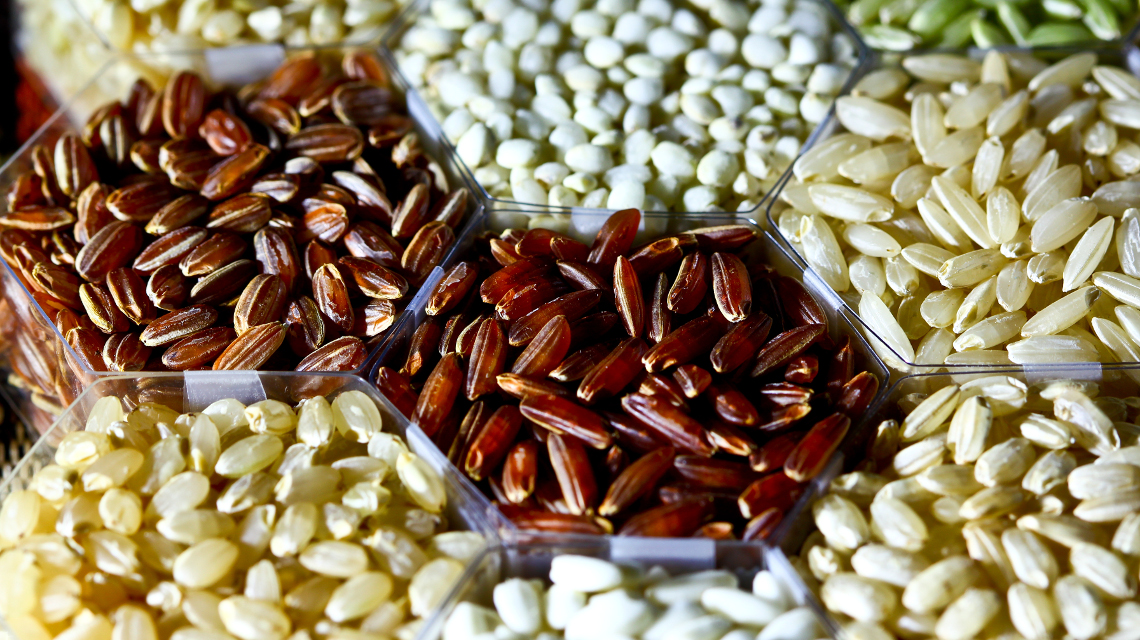AI identifies new rice variants
The International Rice Research Institute IRRI and the Tübingen-based biotech company Computomics aim to identify new resistant rice varieties using artificial intelligence.

Rice is one of the most important crops in the world. More than half of the world's population feeds on it. Although there are many rice varieties, not every plant can withstand climate change. Especially in Asia, where cereal grains have always been a staple food, flooding is increasingly causing crop losses and threatening the livelihood of rice farmers. This is where the work of the International Rice Research Institute (IRRI) comes in. The work of the Philippine-based United Nations Research Organization aims to improve the situation of rice farmers and consumers through research and development. IRRI has now entered into a partnership with the Tübingen-based biotechnology company Computomics to develop new improved rice varieties.
Analyzing the genetic potential of rice seeds via AI
Founded in 2012 as a spin-off of the University of Tübingen and the Max Planck Institute for Developmental Biology, the company offers bioinformatic data analysis services for plant breeding and metagenome analyses for plant protection. It relies on artificial intelligence (AI) to analyse the genetic potential of seeds. "IRRI's breeders and bioinformaticians know what they want to get out of their data and we are excited to apply our machine learning algorithms to help realize the full potential of this impressive collection of rice breeding data," says Sebastian Schultheiss, CEO of Computomics.
Faster development of new rice varieties
The AI tools will be used to select those rice varieties from the IRRI database whose genetic potential in terms of resistance and yield is most promising for the development of new varieties. "This collaboration is designed to hasten the development of much-needed improved rice varieties, benefitting not just rice breeders, but ultimately farmers and consumers all over the world," said IRRI technology transfer manager Remy Bitoun. With the help of Tübingen's analysis technology, the already long process of breeding new rice varieties can be considerably shortened.
bb/jmr


